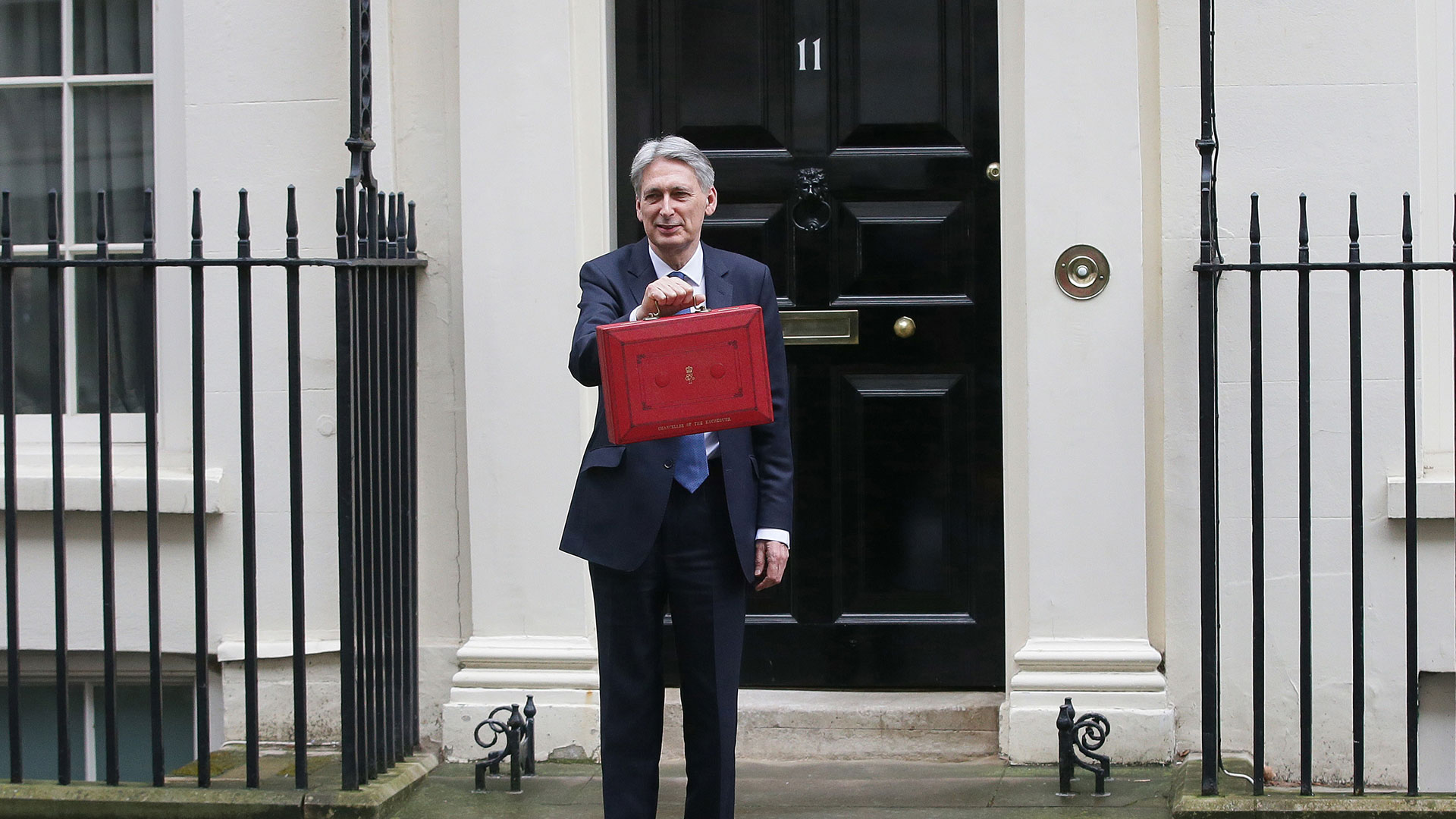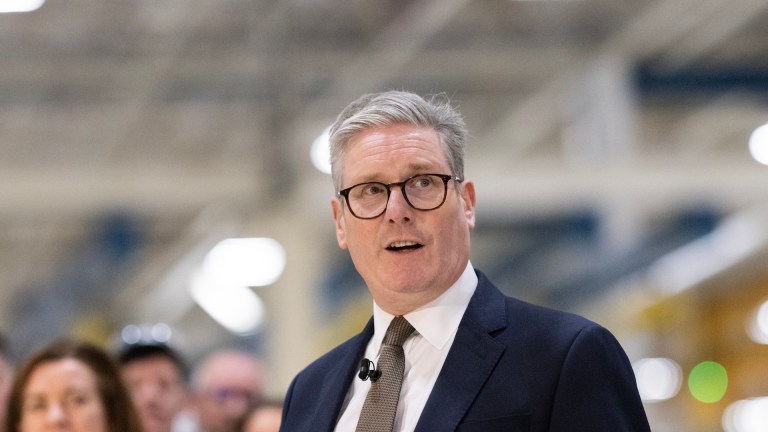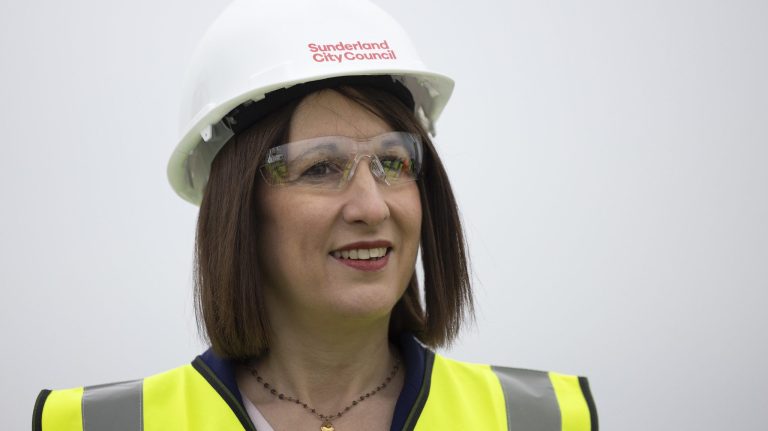“We welcome the announcement of a £3bn guarantee scheme, which we called for in the Autumn,” said James Prestwich, head of policy at the National Housing Federation. “It will help housing associations borrow more cheaply and therefore build more homes. However, whilst this is an important contribution, we desperately need new money in the next spending review to build more social housing.
“This is more crucial than ever in the midst of Brexit uncertainty – the lack of affordable housing is now pushing hundreds of thousands of working families to the brink– the number is rising year on year, many are living in debt, at threat of eviction or homeless.”
Hammond cut growth expectations for this year, down to 1.2 per cent from the 1.6 per cent that he predicted in October. But despite the ongoing uncertainty over Brexit, Hammond was bullish over next year’s forecast, which remains at 1.4 per cent, before increasing to 1.6 per cent for the following three years.
Borrowing figures, on the other hand, will be 1.1 per cent of GDP this year, representing £3bn less than October’s forecast.
The mounting fears around knife crime saw the Chancellor pledge £100m to police forces to tackle the issue.
Hammond also revealed that the government will fund period poverty products to be placed into secondary schools and colleges from the next school year.
The welcome move comes off the back of campaigning from Big Issue 2018 Changemaker Amika George as well as Big Issue Invest-backed Hey Girls.
But, as we reported earlier this week, Hammond has not brought a premature end to the benefits cap, much to the anger of poverty-busting organisations.
The Child Poverty Action Group (CPAG) and Joseph Rowntree Foundation (JRF) both lashed out in the wake of the announcement, slamming the decision to not to scrap the freeze a year before it is due to end in 2020.
“Today, the Chancellor could have sent a lifeline to low-income families,” said chief executive of CPAG Alison Garnham.
“That he didn’t is evidence of ministers’ refusal to confront the reality that families have been left with too little money to live on after three long years of stagnant incomes and rising prices. Funding sanitary products for girls in schools may help with one small area of expenditure, but this will have a minimal impact on poverty overall. It leaves in tatters the prime minister’s claim that austerity is over.”
The benefits freeze continuing for another year will now leave families £560 worse off on average, according to JRF.
Their chief executive Campbell Robb said: “The Treasury has offered some funding on projects to tackle period poverty – but these are the symptoms of a bigger issue – poverty itself.
“Families in poverty have been cut adrift. The Government can buy itself time by asking to extend Article 50 – working families can’t get an extension to meet the essential costs of family life.”









